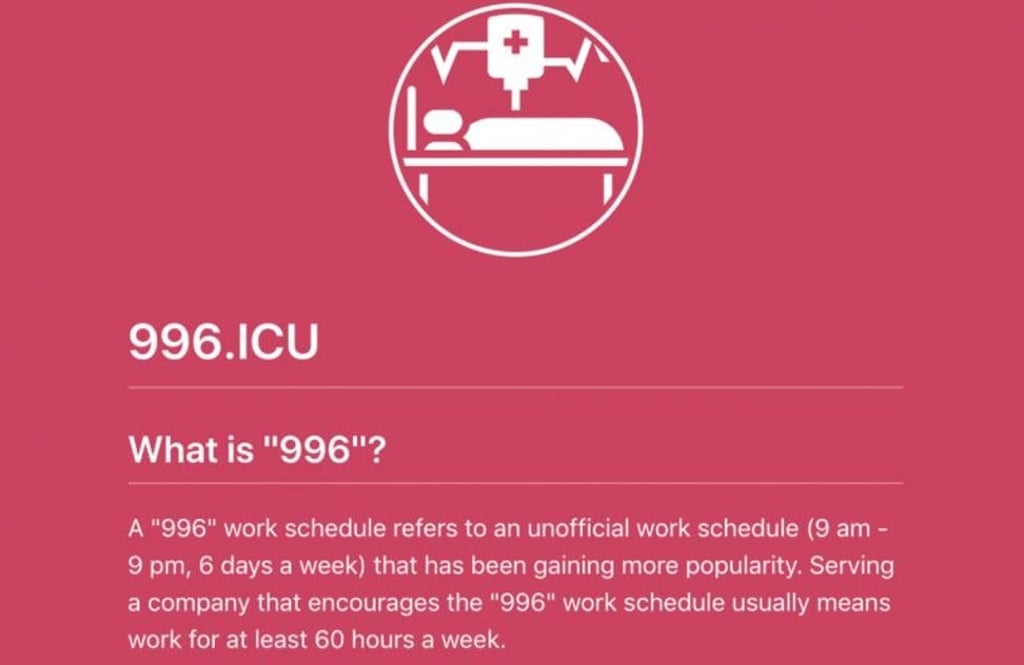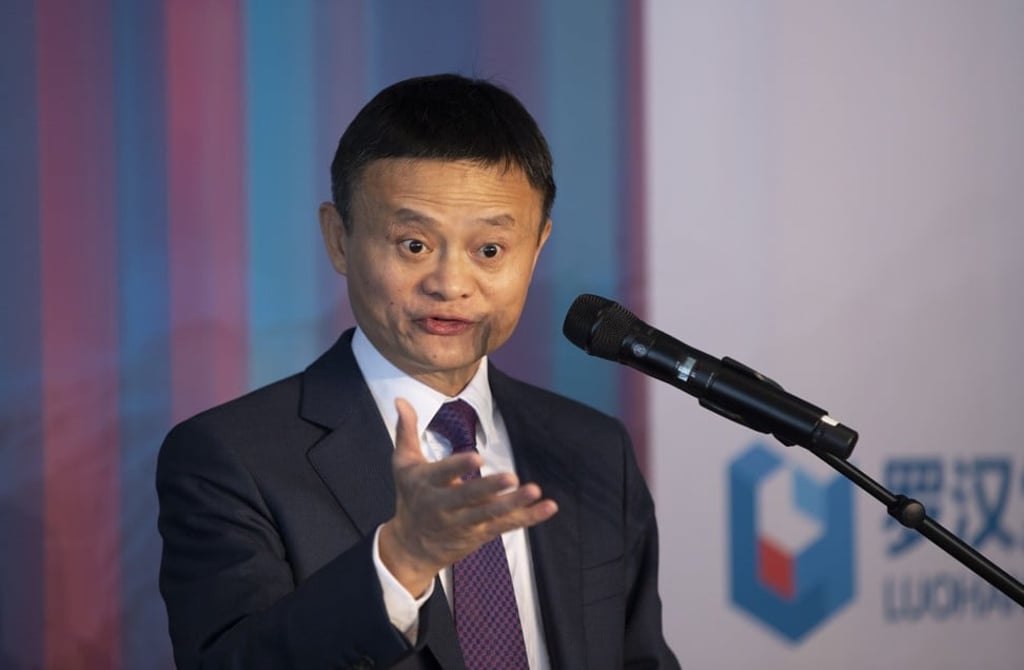Why China’s hard-working millennials see luxury as their reward

While the West rejects the ‘spend more, earn more lifestyle’, many ‘996’ Chinese millennials see it as an inspiring career template
This article was originally written by Jiaqi Luo for Jing Daily
There is abundant literature these days on what drives Chinese millennial luxury consumption, and most of it focuses on that generation’s affluent parents’ background or the country’s new financial optimism. Reports have also elaborated on millennials’ changing attitude toward luxury, which has shifted from using it as a status symbol to wearing it as a reflection of one’s personality or wielding it as social capital. But less ink has been spilled on the darker side of China’s luxury-craving youth: how they’re buying luxury as a reward for overworking.

While “millennial burnout” in the West takes many forms, from simply logging too much screen time to the stress that comes from working in the “gig economy”, in China, millennial burnout is all about working brutally long hours. In April, a national debate about the culture of overworking and “996” – a term for the 9am to 9pm, six-day-a-week work schedule that’s common among the nation’s young professionals – took the Chinese internet by storm. The topic got especially heated when Jack Ma, the co-founder and chairman of Alibaba, came out in support of burnout culture with a Weibo post stating, “Young people shall view working 996 as their own fortune.” The controversial statement led to a hashtag #马云谈996# (Jack Ma on 996) that quickly reached over 110 million views and 380 thousand comments since mid April, and even China’s government mouthpiece, People’s Daily, published a piece on 996 culture that advocated for a greater work-life balance.
Overworked and highly ambitious, many millennials are turning to luxury shopping as a gesture of self-reward or self-care. To better understand this world view, Jing Daily interviewed three Chinese 996 professionals from tier 1 cities who routinely spend part of their earnings on luxury products.

Maggie Chen, 25, works as a junior editor in a Shenzhen-based media company where she earns around US$880 a month. She recently bought herself a signature Chanel chain bag and three Tom Ford lipsticks. “In the highly competitive media industry, 996 is simply expected from someone inexperienced like me,” she said. “How can I work so hard and not reward myself?” She added that there’s also a lot of pressure to look good among her female colleagues and that she feels like she needs luxury items to be accepted around the office. “I always put aside a certain amount of my salary for luxury, because making myself look better is a worthwhile investment,” said Chen.

Tianxin Luo, 27, works as a financial analyst in the Hong Kong office of one of the world’s top-tier consulting firms. Last month was a milestone for her: she bought her first Hermès handbag. “I am overjoyed by my first Hermès,” she exclaimed, “because this is the first real luxury I rewarded myself with for working like a machine for two years straight!” She sees Hong Kong’s competitive environment as an exercise that pushes her physical and mental limits. When asked how she feels about the 996 culture, she said, “I think Jack Ma is right. 996 is a fortune to young, ambitious people. [But] if you don’t even have the desire to spend, you won’t be motivated to advance in a career.”




